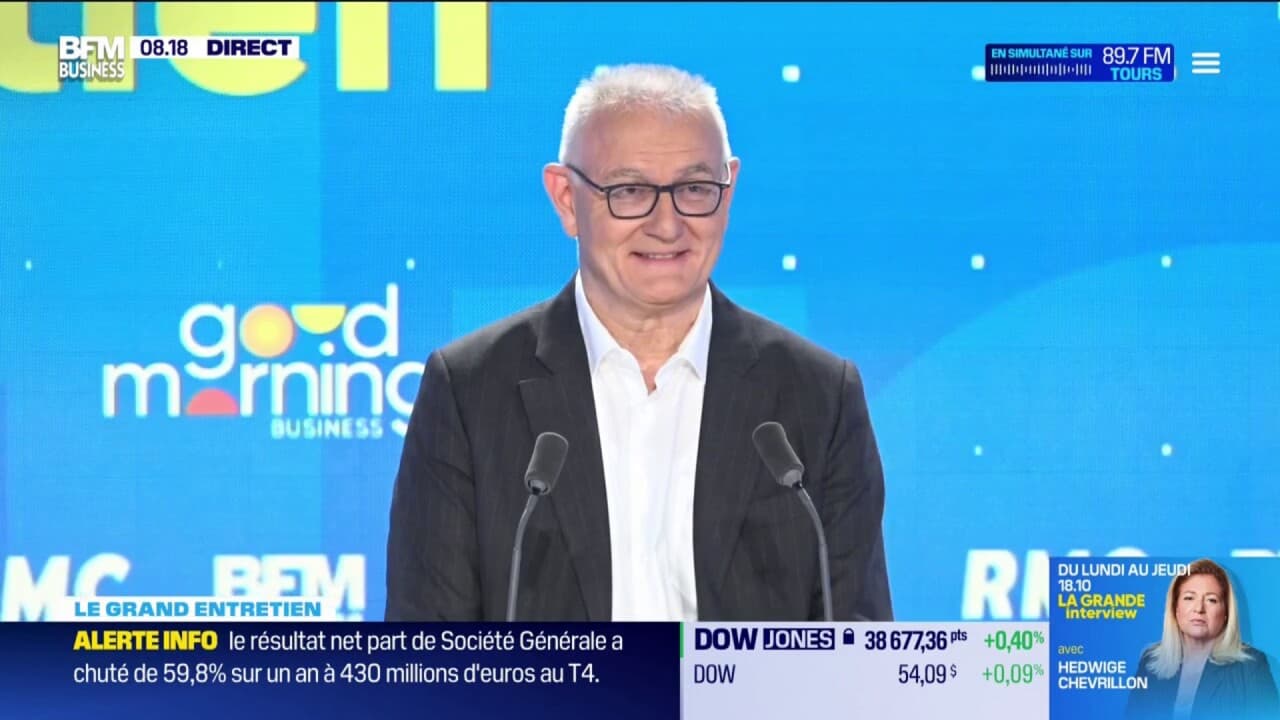Unlocking The Mystery Of Eurovision's Voting System

Table of Contents
The Two-Stage Voting Process: Jury and Televoting
Eurovision's voting system is a two-pronged approach, balancing professional judgment with public opinion. This dual system involves both professional juries and public televoting, each contributing significantly to the final score. Traditionally, a 50/50 weighting is applied, meaning that the jury vote and televote each account for half of the final result. However, slight variations have occurred in some years.
- Role of the Juries: Each participating country appoints a jury of five music industry professionals. This diverse panel aims to provide a balanced and expert assessment of the performances, mitigating potential bias from nationalistic fervor. Their geographic distribution is also carefully considered to minimize regional voting blocs.
- How Televoting Works: Viewers in each country can vote for their favorite entries via SMS, dedicated apps, or landline calls. This element ensures that the public voice is central to the outcome, reflecting the broad appeal of each song.
- Geographic Distribution of Juries: The EBU (European Broadcasting Union) takes steps to ensure juries are geographically diverse to prevent regional biases.
Understanding Jury Voting: How it Works and its Controversies
The jury selection process is governed by national regulations and aims to ensure transparency. Each participating country selects its jury independently, following rules established by the EBU. However, jury voting has faced criticisms and controversies over the years.
- Number of Jurors per Country: Five jurors per country assess each performance independently.
- The Scoring System: Jurors rank the competing songs, allocating points according to their ranking (12, 10, 8, 7, 6, 5, 4, 3, 2, 1).
- Measures to ensure Anonymity and Prevent Manipulation: Strict rules are in place to maintain anonymity and prevent manipulation. Jurors' identities remain confidential until after the final results are announced.
The potential for national favoritism or political influence has led to ongoing debates about the jury system's fairness. While the EBU strives to mitigate these risks through rigorous selection processes, suspicion remains a persistent concern in certain instances.
Televoting: The Power of the Public and its Challenges
Televoting represents the public's voice in the Eurovision Song Contest. This part of the voting contributes significantly to the final score, reflecting the broad popularity of each song across the participating countries. However, televoting is not without its own challenges.
- How to prevent fraud in televoting: The EBU employs various measures to prevent large-scale fraud, including checks for unusual voting patterns and restrictions on the number of votes per phone number.
- The impact of national popularity vs. international appeal: A song may be hugely popular in its home country but lack wider appeal, or vice versa. The televoting system attempts to balance national preference with broader international support.
- The role of social media in influencing televoting outcomes: Social media platforms play a significant role in campaigning for particular entries, influencing voting patterns and potentially skewing results.
Point Allocation and the Final Score Calculation
The point allocation system is crucial in determining the Eurovision winner. Both the jury and televoting scores are aggregated separately for each participating country. Then, a weighted average of both results (typically 50/50) is computed to produce the final score for each song.
- Rules on awarding points: Countries cannot award points to themselves. Points are awarded based on the ranking provided by juries and the public vote.
- Tie-breaker scenarios and their resolution: In cases of ties, specific rules are in place to determine the ranking, often relying on the highest televoting score or other previously established tie-breaking mechanisms.
- Transparency of the scoring process and the availability of results: The Eurovision Song Contest strives for transparency, publishing the detailed breakdown of jury and televoting scores shortly after the contest concludes.
The Evolution of Eurovision's Voting System: Past, Present, and Future
Eurovision's voting system has undergone significant changes throughout its history. These modifications reflect attempts to enhance fairness, address controversies, and adapt to evolving technological capabilities.
- Past controversies and how they led to rule modifications: Past voting irregularities and perceived biases have driven rule changes, such as introducing the jury system to balance the potential for manipulation in the public vote.
- Potential future changes to further improve the system: Ongoing discussions regarding the voting system's efficiency and fairness suggest that future modifications remain a possibility.
- Examples of other voting systems used in similar international competitions: Comparisons with other international singing competitions reveal diverse approaches to voting, highlighting the uniqueness of the Eurovision model.
Mastering the Mechanics of Eurovision's Voting System
Eurovision's Voting System is a complex blend of professional judgment and public opinion, creating a dynamic and occasionally controversial process. Understanding the intricate details of the two-stage voting process, the point allocation, and the evolution of the system is crucial to fully appreciate the contest's outcomes. Now that you understand the complexities of Eurovision's Voting System, dive deeper into the history of the contest to see how the system has evolved!

Featured Posts
-
 Armenias Eurovision Entry Pargs Armenian Lyrics In Survivor
May 19, 2025
Armenias Eurovision Entry Pargs Armenian Lyrics In Survivor
May 19, 2025 -
 Decryptage Des Resultats Financiers Credit Mutuel Am Pour Le Q4 2024
May 19, 2025
Decryptage Des Resultats Financiers Credit Mutuel Am Pour Le Q4 2024
May 19, 2025 -
 Understanding The China Us Container Shipping Dynamics A Payden And Rygel Perspective
May 19, 2025
Understanding The China Us Container Shipping Dynamics A Payden And Rygel Perspective
May 19, 2025 -
 Court Victory Silences Londons Music Festivals Wide Awake Mighty Hoopla Cancelled
May 19, 2025
Court Victory Silences Londons Music Festivals Wide Awake Mighty Hoopla Cancelled
May 19, 2025 -
 Jennifer Lawrences Husband Cooke Maroney The Art Worlds Hot Dad
May 19, 2025
Jennifer Lawrences Husband Cooke Maroney The Art Worlds Hot Dad
May 19, 2025
